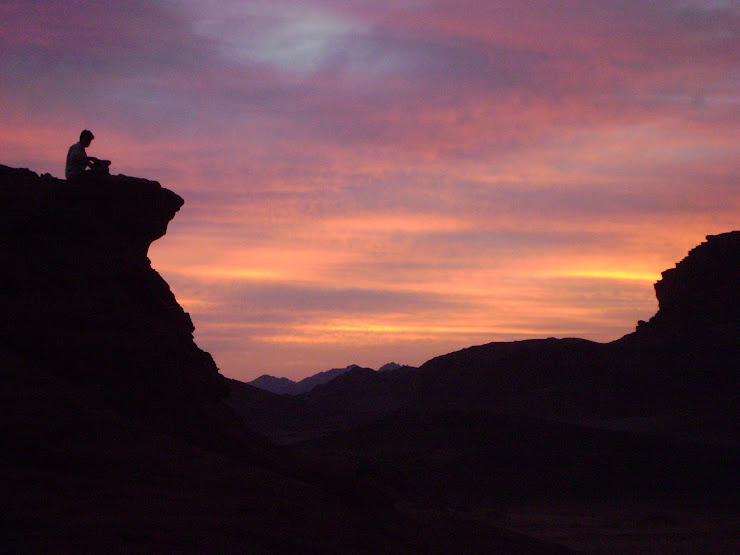
On April 4, 1969, the first anniversary of the death of Dr. Martin Luther King, the third night of Passover, hundreds of people of varied racial and religious communities gathered in a Black church in the heart of Washington DC to celebrate the original Freedom Seder. For the first time, it intertwined the ancient story of liberation from Pharaoh with the story of Black America's struggle for liberation, and the liberation of other peoples as well.
2 weeks from tomorrow evening will be the first night of Pesach and will mark the 40th anniversary of the Jews for Urban Justice and Arthur Waskow's "Freedom Seder" in Washington DC. If you want to learn more about this amazing and historical event, please learn more about it on the Shalom Center's Website, and if so inspired, participate in some way in the 40th anniversary seder's that will be taking place all across the country.
I received a link to this video of 10 minutes of footage of the original seder and had tears coursing down by face well before the last scene with everyone singing hand in hand "we shall overcome." I hope the video will mean as much to you as it did to me.
The traditional Passover Haggadah ("the telling") begins with the opening invocation and story:
"This is the bread of affliction which our fathers ate in the land of Egypt. Let all who are hungry enter and eat, and all who are needy come and celebrate the Passover! This year we are here, next year in the land of Israel! This year we are slaves, next year free men.
It is related of Rabbi Eliezer, Rabbi Joshua, Rabbi Elazar ben Azariah, Rabbi Akiva, and Rabbi Tarphon that they once met in Bnei Brak and spoke about the Edoxus from Egypt all night long, until their disciples came and said to them: "Masters! The time has come to say the morning prayer!"
Today in my class on "Jewish and Christian Dialogue in the Middle Ages" we studies this text in the context of the dual creation of the Easter and Passover rituals, and how the two religions influenced each other. My professor's thesis, is based around the question, "why is the unleaed bread (matzah) that is associated with liberation from bondage, called the bread of affliction at the start of the seder instead of the bread of salvation and liberation?" His answer, of course, is that the Christians had adopted the same symbol of unleaven bread to represent salvation through communion of the body of Christ, and therefore, the Jews had to take an alternative interpretation (huge simplification). From there, we get the story of 5 very famous 2nd century rabbis staying up all night, talking torah, with the destruction of the temple still fresh in memory and no way to make a pascal sacrifice, and the christians emerging and reinterpreting traditional jewish symbols and rituals.
So this is one interpretation of this text. In the video, the meaning of the story is asked to the leaders of the Seder, and in a great alternative interpretation, Waskow jokes that the five rabbis were meeting under the Roman Empire to plan a resistance and rebellion against Rome, and that the students were instructed to come with the password "its time to read the morning prayers" if the fuzz showed up. Not an academic, or orthodox interpretation, but I (and the crowd) love it.
This year I have the incredible blessing to fulfill the annually repeated passover dream of לשנה הבאה בירושלים (next year in Jerusalem!) with my parents, and will be celebrating as a free man of so so much privilege. But as I look forward to this amazing occasion of celebrating freedom in Israel with my family, I hear Waskow's words from 40 years ago resonating just as strongly in our world today. "But just as if we, not are ancestors only, were once liberated in Egypt, so it is we, not our ancestors only who live in slavery. Our slavery is not over, our liberation is not complete. The task of liberation is long, and it is work we must do."
In this time of great joy and celebration of freedom, let us not forget that we still live in a world with Slavery. For those of us living the Jewish dream of passover in Israel, see the concrete apartheid sea through your windows that has not yet been parted for the liberation of the Palestinians. And while I believe that there are miracles in this world each and every day, it will be our hands, peoples of all faiths and backgrounds, that will bring the next much needed passover miracle to all the people of Palestine/Israel.
לשנה הבאה בירושלים
Liberation Now! Next Year in a World of Freedom!


No comments:
Post a Comment